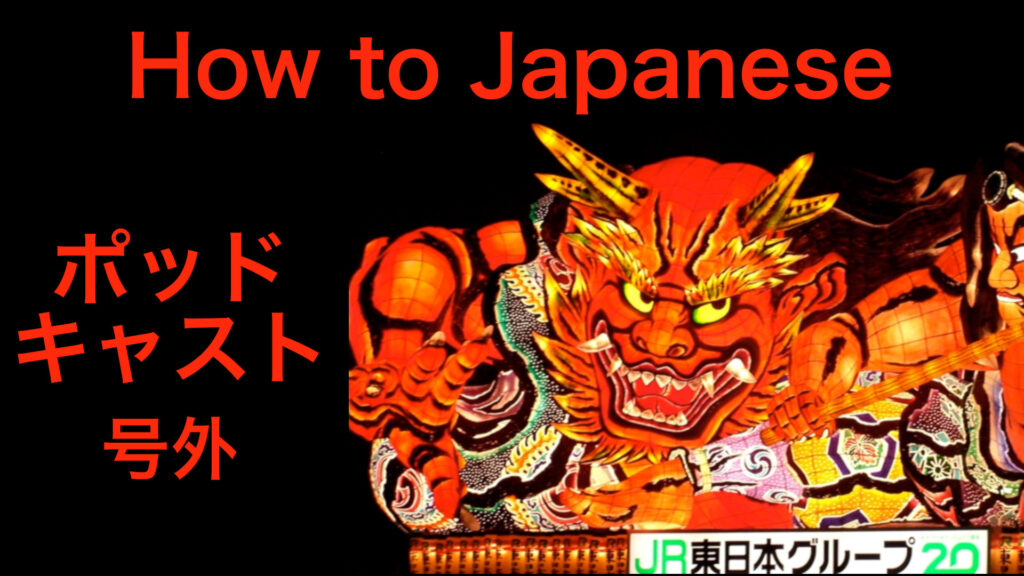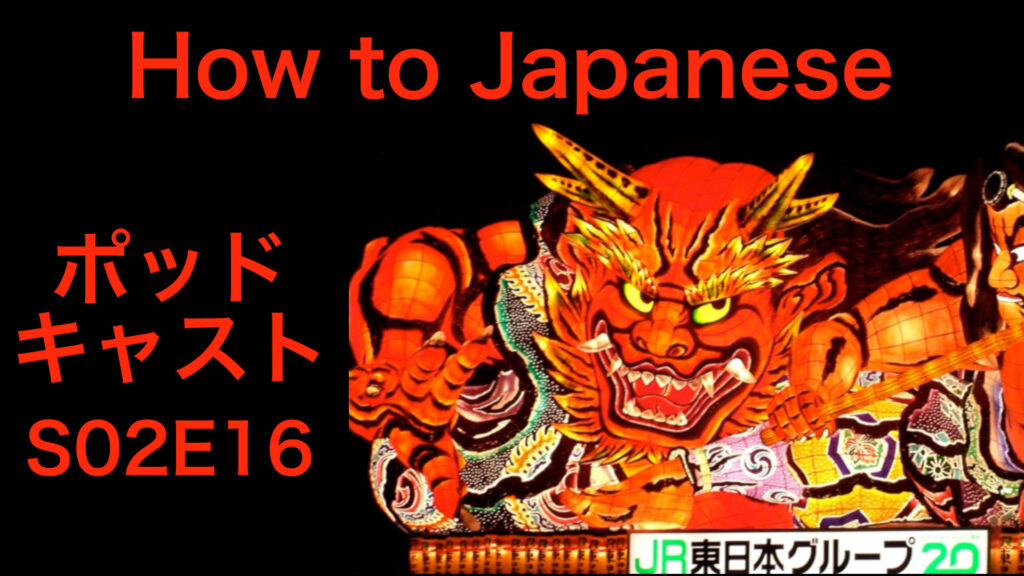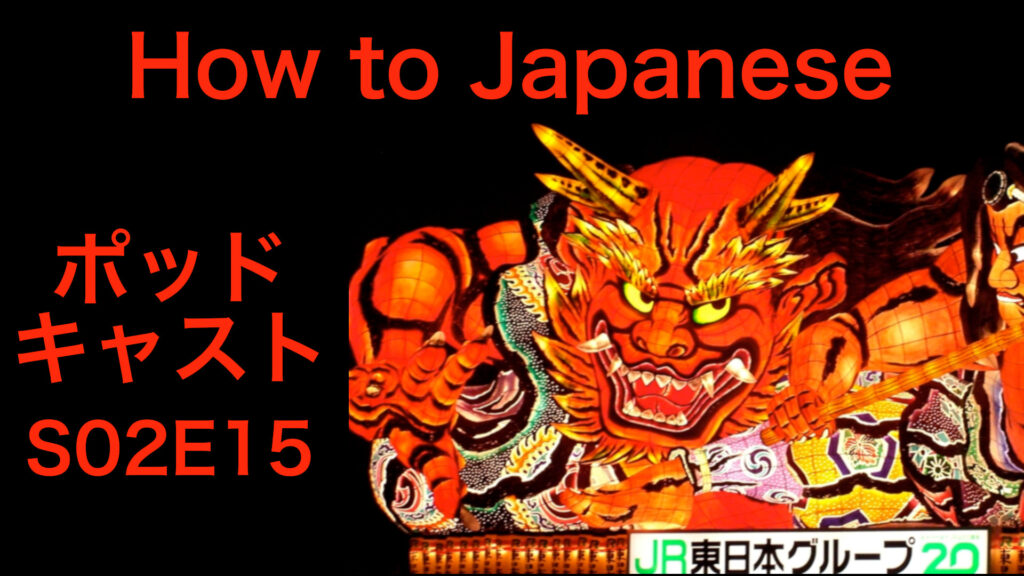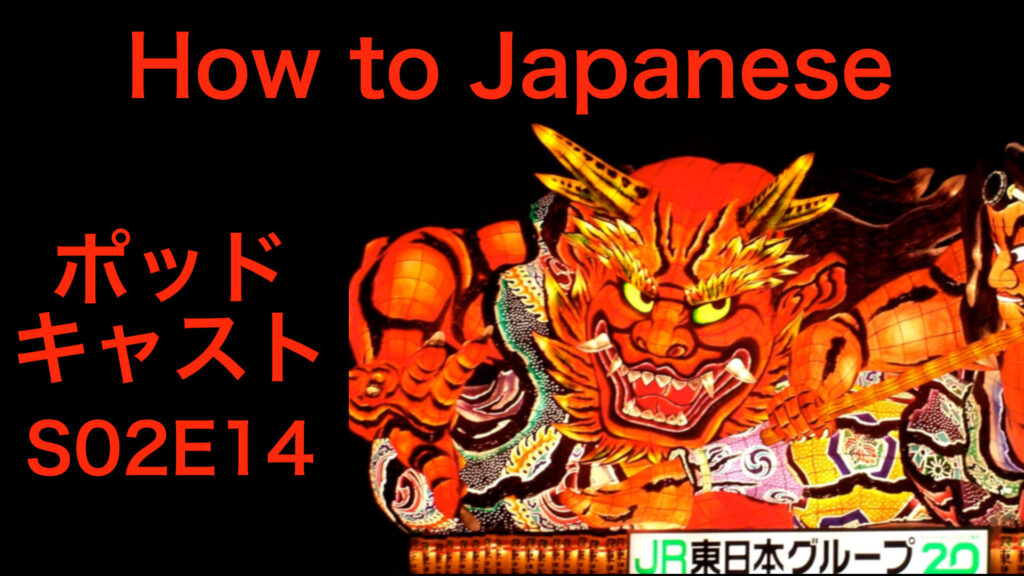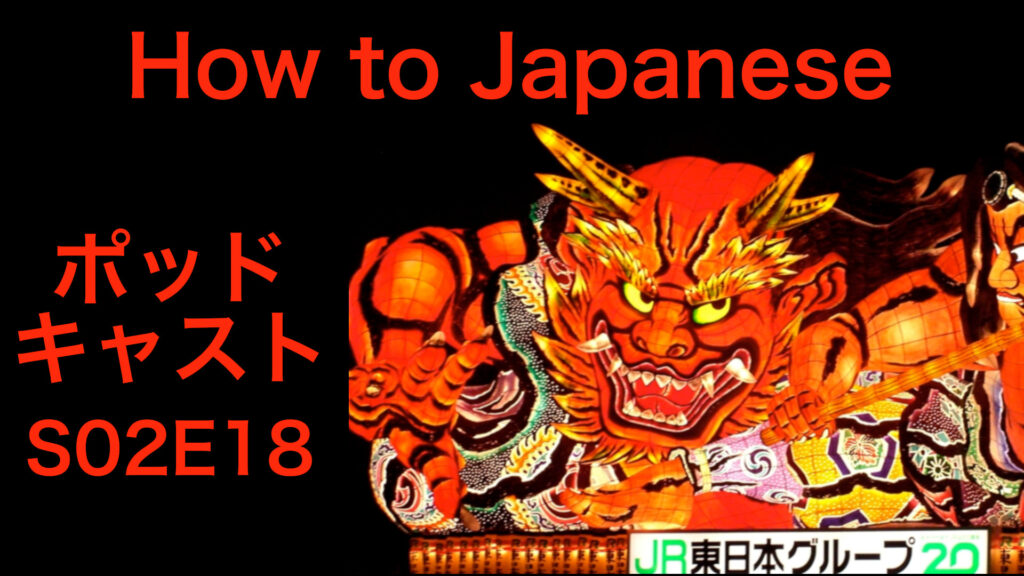
There is an official order to the 都道府県 (todōfuken, prefectures) in Japan. I share some thoughts about it and in Japanese discuss the importance of learning how to really devour (貪る, musaboru) your Japanese studies.
This is a nice post with a close look at the numbering. Here is the official website for the 全国地方公共団体コード. And I previously wrote about the alphabet in Japanese.

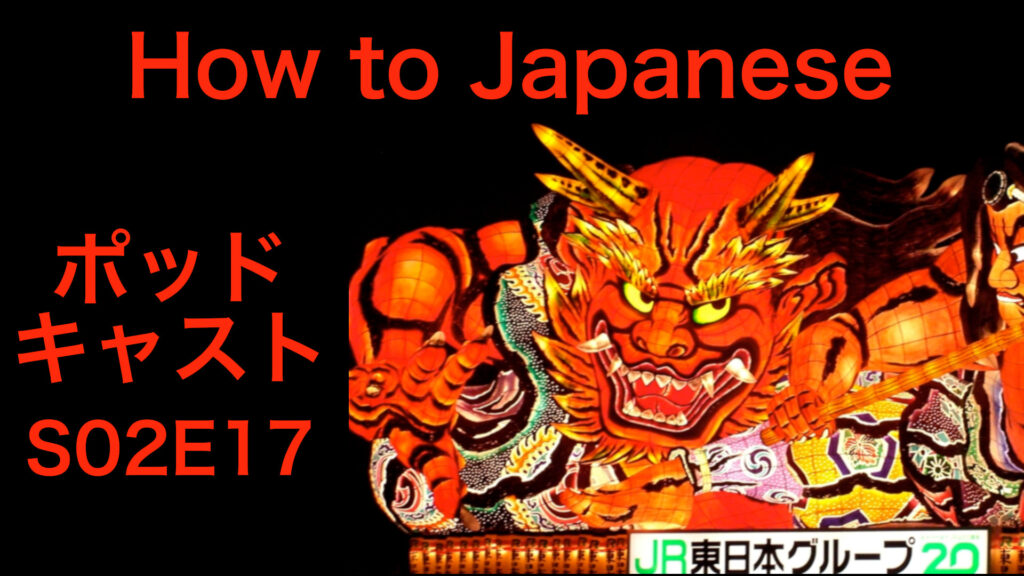
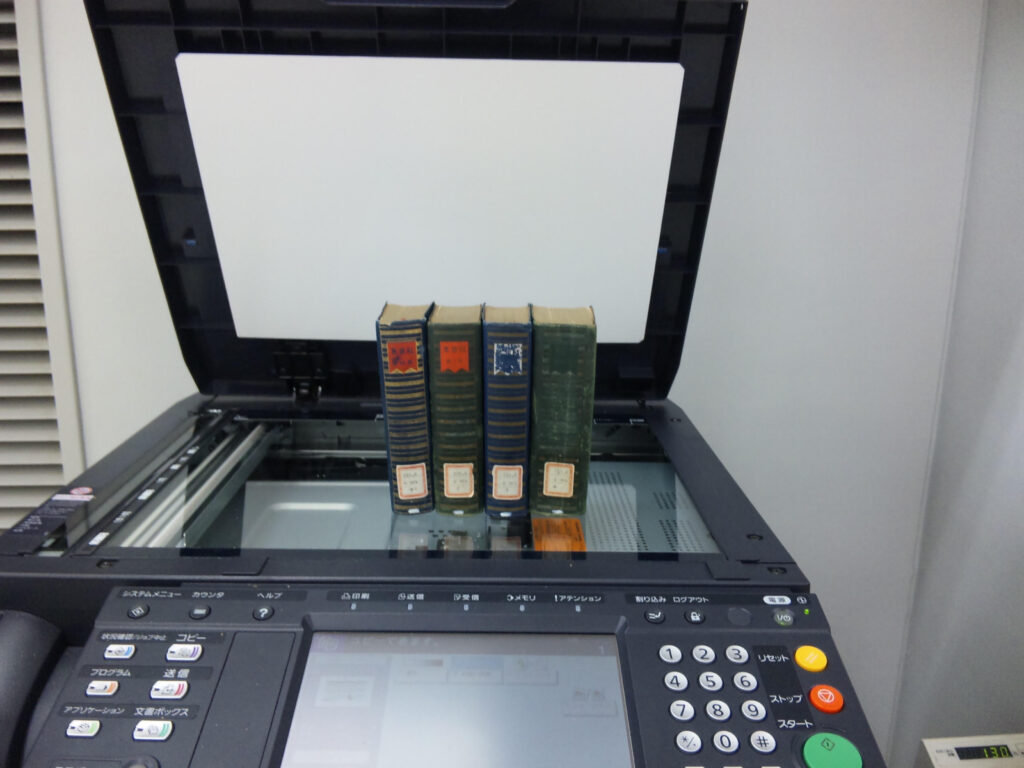 Courtesy of Molly, this is a photo of Ozaki Kōyō’s four-volume 紅葉集 (Kōyōshū), pub. Shun’yōdō (春陽堂) 1909 and how one who access the original text (in its original binding!).
Courtesy of Molly, this is a photo of Ozaki Kōyō’s four-volume 紅葉集 (Kōyōshū), pub. Shun’yōdō (春陽堂) 1909 and how one who access the original text (in its original binding!).